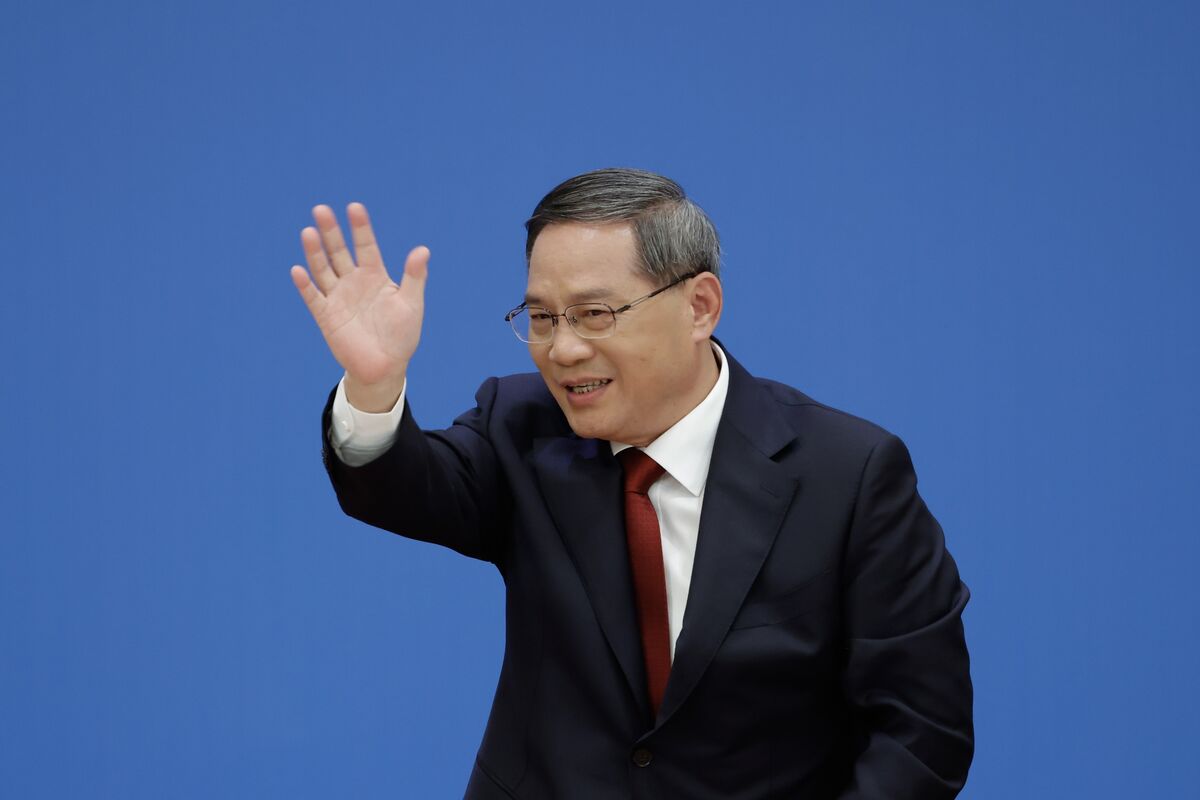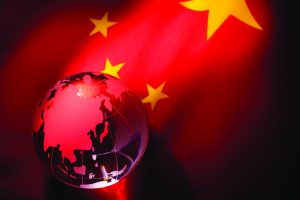- 10 June 2024
- 120
European Companies Step up Efforts to Decouple from China

In recent years, the dynamics of global trade have undergone significant transformations, with geopolitical tensions and economic uncertainties reshaping the landscape. One notable trend has been the increasing efforts by European companies to decouple from their reliance on China. This shift reflects a complex interplay of factors, including geopolitical concerns, supply chain vulnerabilities, and strategic repositioning in the face of evolving global dynamics.
Geopolitical Tensions and Strategic Realignment

The relationship between Europe and China has long been characterized by economic interdependence, with China emerging as a key trading partner and investment destination for European companies. However, geopolitical tensions, particularly concerning human rights issues, intellectual property rights, and territorial disputes, have strained this relationship in recent years. European companies are increasingly wary of being caught in the crossfire of escalating geopolitical tensions and are recalibrating their strategies accordingly.
Supply Chain Vulnerabilities and Resilience Imperatives
The COVID-19 pandemic exposed the vulnerabilities inherent in complex, globally interconnected supply chains. Disruptions in the flow of goods and services highlighted the risks associated with overreliance on single-source suppliers, particularly those based in China. European companies, keen to mitigate these risks and enhance their resilience, are diversifying their supply chains and exploring alternative sourcing options. This includes reshoring production to Europe, as well as diversifying production bases across multiple countries.
Technological Innovation and Digital Sovereignty
Technological innovation and digitalization have emerged as critical drivers of economic competitiveness and national security. European companies, cognizant of the strategic importance of maintaining technological sovereignty, are reassessing their relationships with Chinese counterparts, particularly in sectors deemed critical to national interests. Concerns over intellectual property theft, forced technology transfer, and data security have prompted European companies to adopt a more cautious approach to collaboration with Chinese partners.
Market Access and Regulatory Environment
Access to the Chinese market has long been a tantalizing prospect for European companies seeking growth opportunities in the world’s second-largest economy. However, concerns over market access barriers, regulatory uncertainties, and unequal treatment vis-à-vis domestic competitors have tempered enthusiasm. European companies are facing increasing regulatory scrutiny and are navigating a complex and evolving regulatory environment in China. This, coupled with the potential for retaliatory measures in response to geopolitical developments, has led many European companies to reassess their market entry strategies.
Conclusion: Charting a New Course
The decoupling of European companies from China is a multifaceted phenomenon driven by a confluence of geopolitical, economic, and strategic factors. While the process is fraught with challenges and uncertainties, it also presents opportunities for European companies to enhance their resilience, diversify their risk exposure, and safeguard their strategic interests. Navigating this transition will require careful strategic planning, robust risk management frameworks, and a willingness to adapt to evolving global dynamics.
Analysis Table:
| Factors | Impact |
|---|---|
| Geopolitical tensions | Strain on bilateral relations, increased regulatory scrutiny, and potential market access barriers |
| Supply chain vulnerabilities | Disruptions, increased costs, and the need for diversification and resilience |
| Technological innovation | Concerns over intellectual property rights, data security, and the importance of maintaining technological sovereignty |
| Market access and regulatory environment | Challenges in navigating a complex and evolving regulatory landscape, potential barriers to entry |
Comparative Table:
| Aspect | Europe-China Relations |
|---|---|
| Trade and Investment | Historically strong economic ties, but strained by geopolitical tensions and concerns over market access |
| Supply Chain Management | Transitioning towards diversification and reshoring to mitigate risks associated with overreliance on China |
| Technological Collaboration | Heightened caution due to concerns over intellectual property rights, data security, and technological sovereignty |
| Market Access and Regulatory Environment | Facing challenges navigating a complex regulatory landscape and uncertainties surrounding market access in China |
This article explores the evolving dynamics of Europe-China relations, focusing on the increasing efforts by European companies to decouple from their reliance on China. Geopolitical tensions, supply chain vulnerabilities, technological considerations, and regulatory challenges all play a significant role in shaping this trend. As European companies navigate this transition, careful strategic planning and adaptability will be key to charting a new course in the global economy.

